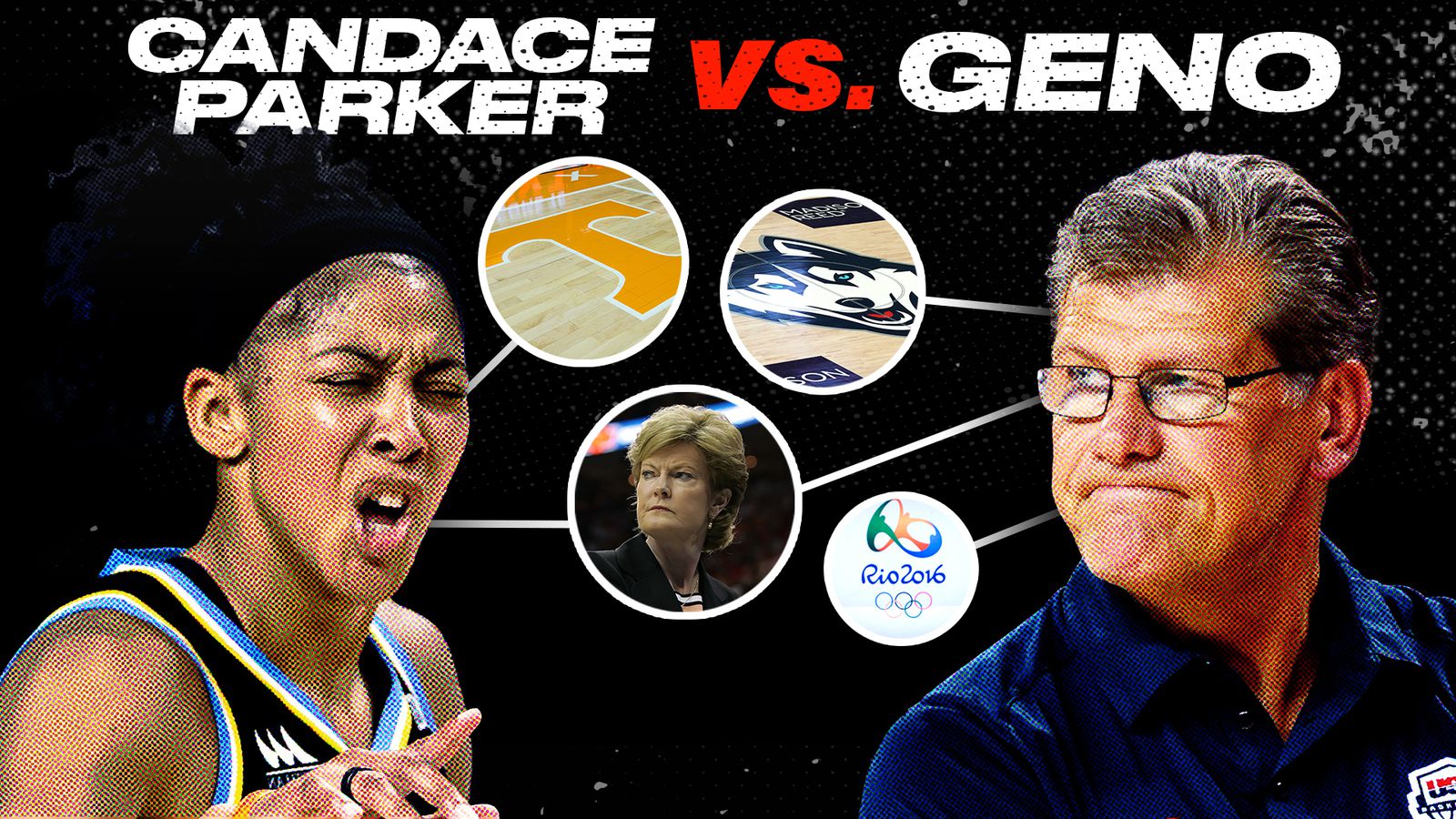
The Rise of Austin Reaves and the Third Option Debate
Austin Reaves’s ascent to prominence within the Los Angeles Lakers has sparked a league-wide conversation. Stepping up admirably, particularly during LeBron James’s absence due to injury, Reaves has showcased his scoring prowess and playmaking ability. This has led some to label him as the league’s premier “third option.” However, this assertion is not without its detractors, most notably former Sixth Man of the Year, Lou Williams. Williams’s perspective injects a dose of healthy skepticism into the narrative, prompting a deeper examination of what truly constitutes a top-tier third option in the modern NBA.Is the title of “best” actually a subjective statement.
The very concept of a definitive “best third option” might be inherently flawed. Basketball, with its intricate dynamics and diverse player roles, resists such simplistic classifications. Every player in this game has their own strength. What excels on one team, seamlessly complementing the star duo, might not translate as effectively to another roster with different personnel and strategic approaches. Williams’s counterargument centers on players like Norman Powell of the Los Angeles Clippers, who often put up statistics that rival or even surpass Reaves’s. This raises a crucial question: are we prioritizing visibility and narrative over a more holistic evaluation of on-court impact?.Lets see what the statistics tell us.
The debate necessitates a move beyond anecdotal evidence and highlight reels. We need to dive into and Analyze his statistics. A closer look at the numbers reveals a compelling story, one that challenges the unqualified coronation of Reaves. While individual statistics don’t capture the entirety of a player’s contribution, they provide a valuable framework for comparison. So, let us compare those statistics between Austin Reaves and Norman Powell.
Statistical Showdown: Reaves vs. Powell
A direct comparison of recent statistical averages reveals a fascinating, and somewhat surprising, picture. Norman Powell, in his role with the Clippers, has been averaging 23.2 points, 3.4 rebounds, 2.1 assists, and 1.3 steals per game, while shooting an impressive 49% from the field. These figures paint the portrait of an efficient and impactful scorer, capable of carrying a significant offensive load.Powell played the game very great and consistent.
On the other hand, Austin Reaves has posted averages of 19.6 points, 4.5 rebounds, 6 assists, and 1.2 steals, with a shooting percentage of 44.6%. While Reaves demonstrates a greater aptitude for facilitating the offense, evidenced by his higher assist numbers, his scoring efficiency lags behind Powell’s. The difference in shooting percentage, in particular, is a noteworthy factor, suggesting that Powell may be the more reliable and consistent scorer.Reaves is also a great player with good statistics
Furthermore, a glimpse at Reaves’s recent game logs reveals a string of high-scoring performances: 30, 28, 37, 28, and 17 points in his last five outings. This demonstrates his capability to explode offensively and shoulder the scoring burden when called upon,. However, the fluctuation in his scoring output also highlights a degree of inconsistency, which is crucial when considering the role of a reliable third option.The Scor fluctuation is caused by the opponent’s defending method.Consistent player will surely get more attention.
Beyond the Box Score: Context and Impact
Powell, despite sometimes operating in the shadow of Kawhi Leonard, has consistently delivered impactful performances. His contributions were so significant that he was even considered an All-Star snub this season. This recognition speaks volumes about his value and effectiveness as a third option, capable of elevating his game even alongside established superstars.Powell proved himself to be a great player.
The discussion surrounding Reaves and Powell extends beyond mere statistical comparisons. It delves into the realm of team strategy and postseason implications. How these players perform as their teams potentially advance into the playoffs will be a major focal point. Analysts and coaches alike will be scrutinizing their ability to maintain their level of play under increased pressure and against tougher competition. The team strategy will also be an interesting topic to be discussed.
A Nuance Perspective: Redefining the ‘Best’ Third Option
Ultimately, the debate about who holds the title of “best third option” underscores the subjective nature of such labels. While Austin Reaves is undeniably performing at a high level and making significant contributions to the Lakers, it’s crucial to acknowledge that the concept of a singular “best” is an oversimplification. Players like Norman Powell, with their own unique skill sets and statistical profiles, offer compelling counterarguments.It is difficult to determine who is the “best” .
The “best” third option isn’t solely determined by raw scoring numbers or individual accolades. It’s about a confluence of factors: fit within the team’s system, consistency, efficiency, and the ability to elevate one’s game when the stakes are highest. Both Reaves and Powell embody many of these qualities, making the debate a testament to the depth of talent in the NBA. Instead of striving for a definitive ranking, perhaps it’s more fruitful to appreciate the diverse ways in which players can excel in supporting roles.Each player is a valuable and important asset that is not replaceable.
The ongoing discussion serves as a reminder that basketball analysis should move beyond simplistic narratives and embrace a more nuanced understanding of player value. Recognizing the strengths and contributions of players like Reaves and Powell, without forcing them into a rigid hierarchical framework, allows for a richer appreciation of the game.Basketball is a complex game that cant be determined by a simplistic way.



